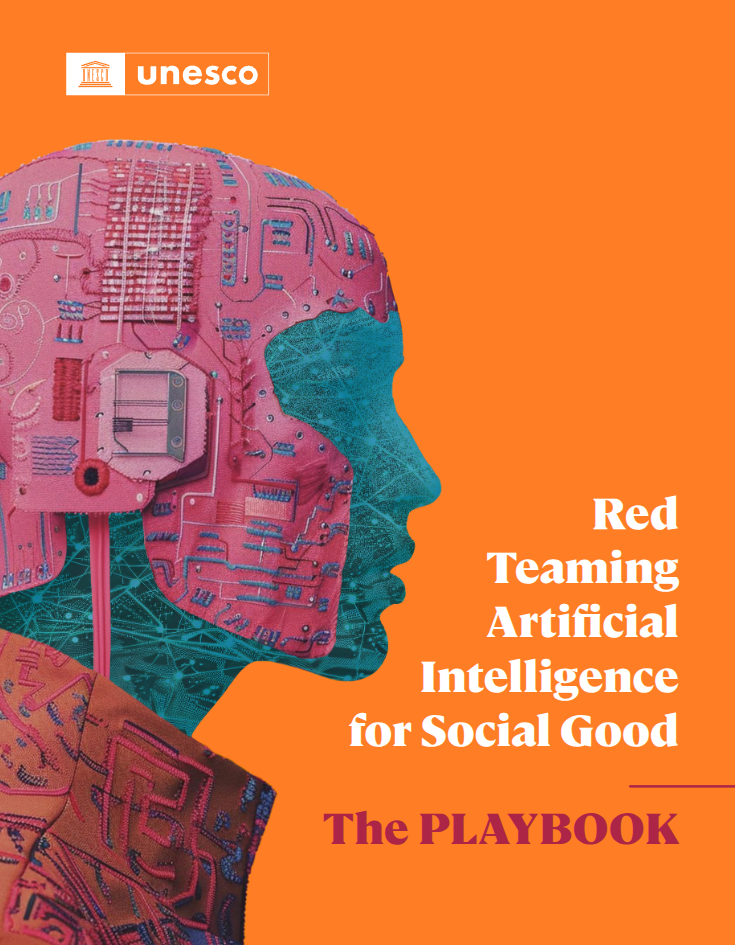
At Ingram Technologies, we build smarter, more secure AI. But "smarter" doesn’t just mean faster models or higher accuracy — it means safer, more transparent, and ultimately more ethical systems. That’s why UNESCO’s recent publication, “Red Teaming Artificial Intelligence for Social Good: The Playbook,” caught our attention.
We live in a time where artificial intelligence is integrated into nearly every sector — education, healthcare, public services, and critical infrastructure. As these systems grow in power and complexity, so does the risk of unintended consequences. Enter Red Teaming.
Red Teaming, as defined in the UNESCO playbook, is a structured adversarial testing method designed to surface vulnerabilities in AI systems — not just from a technical standpoint, but also ethical, social, and cultural ones. At Ingram, this resonates deeply with our commitment to responsible AI development. You don’t just build a model; you challenge it.
What makes the UNESCO playbook stand out is its framing of red teaming as a “social diagnostic” tool. It’s not about brute-force attacks or theoretical flaws. It’s about asking hard questions:
This is not red teaming for the sake of defense. It’s red teaming for social good — surfacing blind spots in pursuit of inclusion, fairness, and safety. This approach mirrors our own ethical AI audits at Ingram, where we focus on stakeholder-driven testing and scenario-based stress tests.
The playbook lays out practical, scalable guidance — something the industry has sorely lacked. It offers step-by-step advice for assembling red teams, designing adversarial scenarios, and capturing lessons learned. Notably, it doesn’t require massive budgets or militarized testing. It’s accessible, agile, and made for multidisciplinary teams.
We were particularly inspired by their call for cross-sector collaboration — involving ethicists, civil society, local communities, and yes, engineers. It’s a reminder that AI safety isn’t just a tech problem; it’s a societal one.
Reading through UNESCO’s insights, we felt validated — and challenged — to go further. At Ingram, we commit to:
UNESCO’s playbook doesn’t just outline best practices. It sends a message: if your AI isn’t being actively challenged, it isn’t safe. And if it isn’t safe, it isn’t good — no matter how impressive the metrics look.
At Ingram Technologies, we’re committed to building AI systems that stand up to scrutiny — because the stakes demand it.
Want to learn more about how we approach red teaming? Let’s talk.
Read the full UNESCO Playbook here.